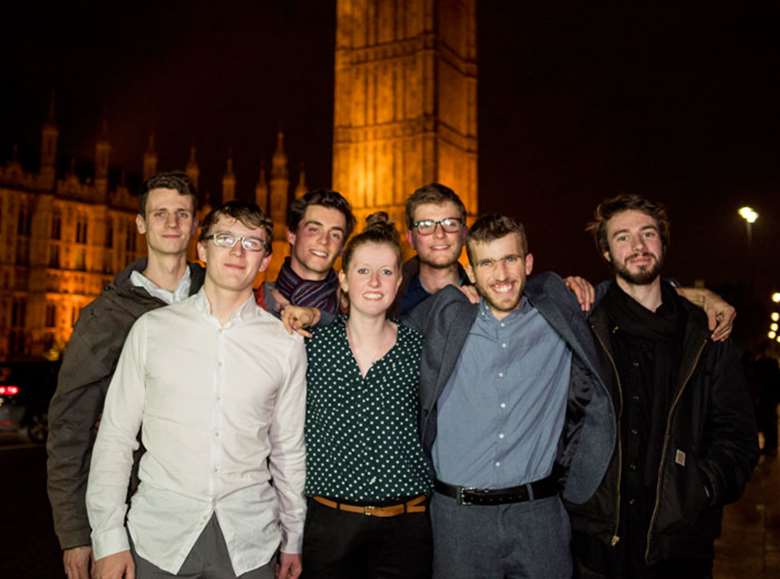“Now you have to play everything” – 2016 Yamaha Jazz Scholars get their groove on
Thursday, November 3, 2016
When time is called on rehearsals for their gig that night at Parliament's Summer Jazz Event, the seven Yamaha Jazz Scholars for 2016 quickly relocate to the pub.


Register now to continue reading

Thank you for visiting Jazzwise.co.uk. Sign up for a free account today to enjoy the following benefits:
- Free access to 3 subscriber-only articles per month
- Unlimited access to our news, live reviews and artist pages
- Free email newsletter